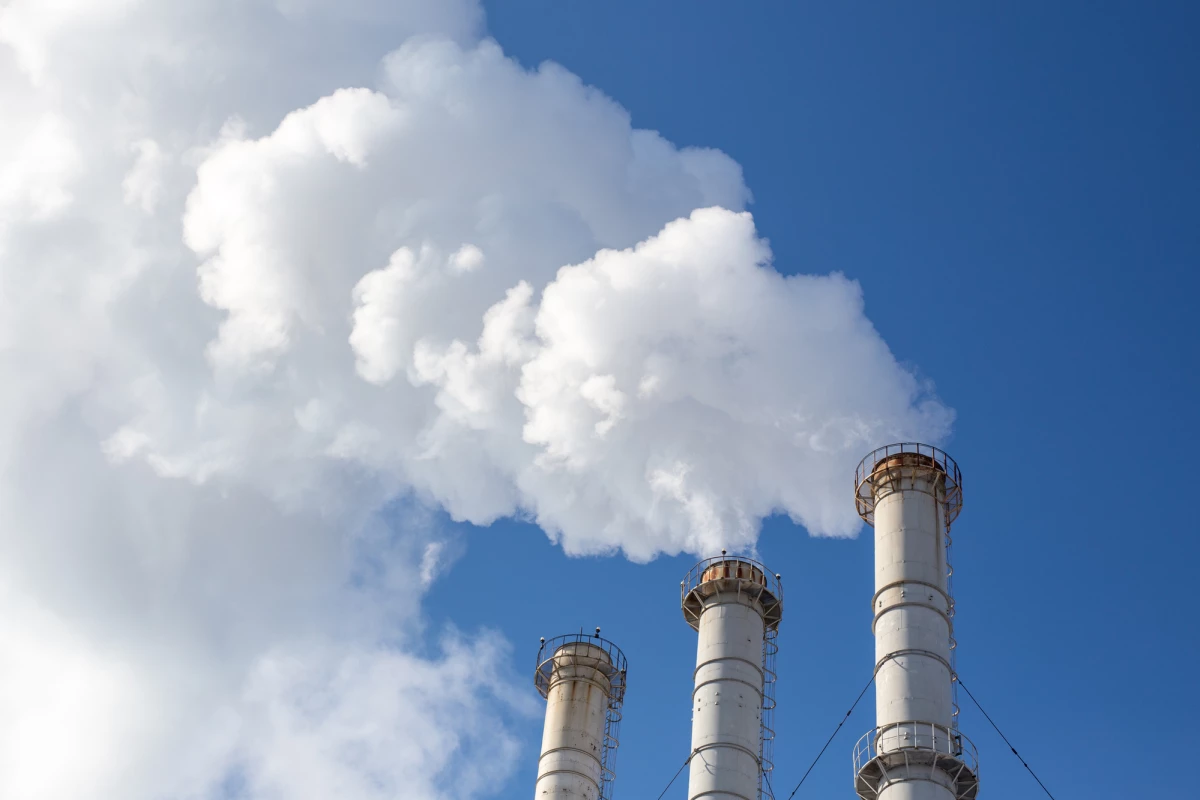An unprecedented XPrize competition designed to develop solutions to the mounting levels of carbon dioxide in the atmosphere has progressed to its next phase, with 15 teams from around the world each awarded US$1 million to continue developing their technologies. Teams working on ultra-thin CO2-soaking membranes and techniques that bury plant matter in the ground are among those to earn recognition from the judges, and will now press ahead with efforts to massively scale up their approaches.
Launched last February, the $100-million Carbon Removal XPrize is the richest XPrize competition ever conducted, and tasks competing teams with demonstrating how carbon can be captured from the air and safely stored away for at least 100 years. In November we saw the first winners announced, with 23 student teams sharing $5 million in cash to continue on developing their solutions.
The $1-million Milestone Awards were granted to 15 teams, which judges selected from more than 1,100 submissions and analyzed for scientific validity, operational plans, life cycle analysis and cost estimates. Part of the criteria for winning the Carbon Removal XPrize is that a team must demonstrate the potential to achieve gigaton-scale removal of CO2, and we're seeing an interesting mix of approaches that leverage known techniques and others that think more outside the square.
In 2016, the scientists at CarbFix from Iceland came up with a way of rapidly mineralizing CO2 in less than two years, a technique deployed in the world's first negative emissions power plant in 2017. CarbFix is among the milestone winners of the Carbon Removal XPrize, as is Project Hajar, which is using renewable energy to store CO2 via mineralization in the mountains of Oman.
Meanwhile, France's NetZero is looking to turn the tide on climate change by essentially intervening in plant photosynthesis. The team's approach involves extracting carbon after it is captured by plants and using pyrolysis to turn it into biochar, which is then buried in the soil. This process not only prevents the carbon from reaching the atmosphere, but is said to improve the quality of the soil and even produce excess energy that could be captured to produce renewable electricity.
Carbyon from the Netherlands has what it says is a rigorously different approach to competing technologies, in a machine it likens to a rotating drum. This drum contains a CO2-adsorbing membrane and undergoes a "fast swing" process that enables it to capture CO2 at a rate of up to 1,000 tons per year while using very little energy.
“One year in, we already see the positive impact of the prize: hundreds of groups working on a wide range of promising carbon removal solutions," said Dr. Marcius Extavour, chief scientist and vice president of climate and environment at XPRIZE. "Not just ideas, but development and deployment plans, which is exactly what we need. The pace and depth of initiatives in carbon removal and other crucial climate solutions has never been greater, but we still need more – more and deeper emissions cuts, and more reliable, validated carbon removal solutions. That’s why we launched this prize in the first place."
The Carbon Removal XPrize is due to reach its conclusion with the awarding of the remaining $80-million prize purse in 2025. Registrations remain open until December 1, 2023, even for teams that haven't participated so far.
Source: XPrize




